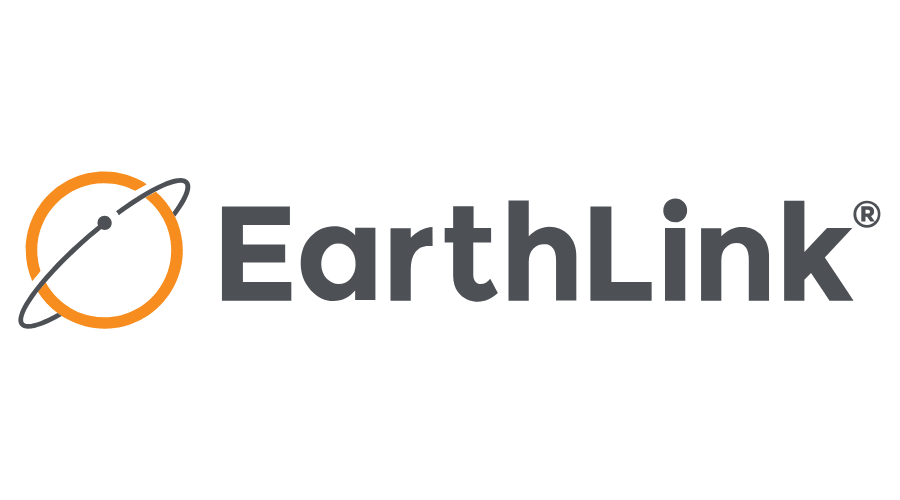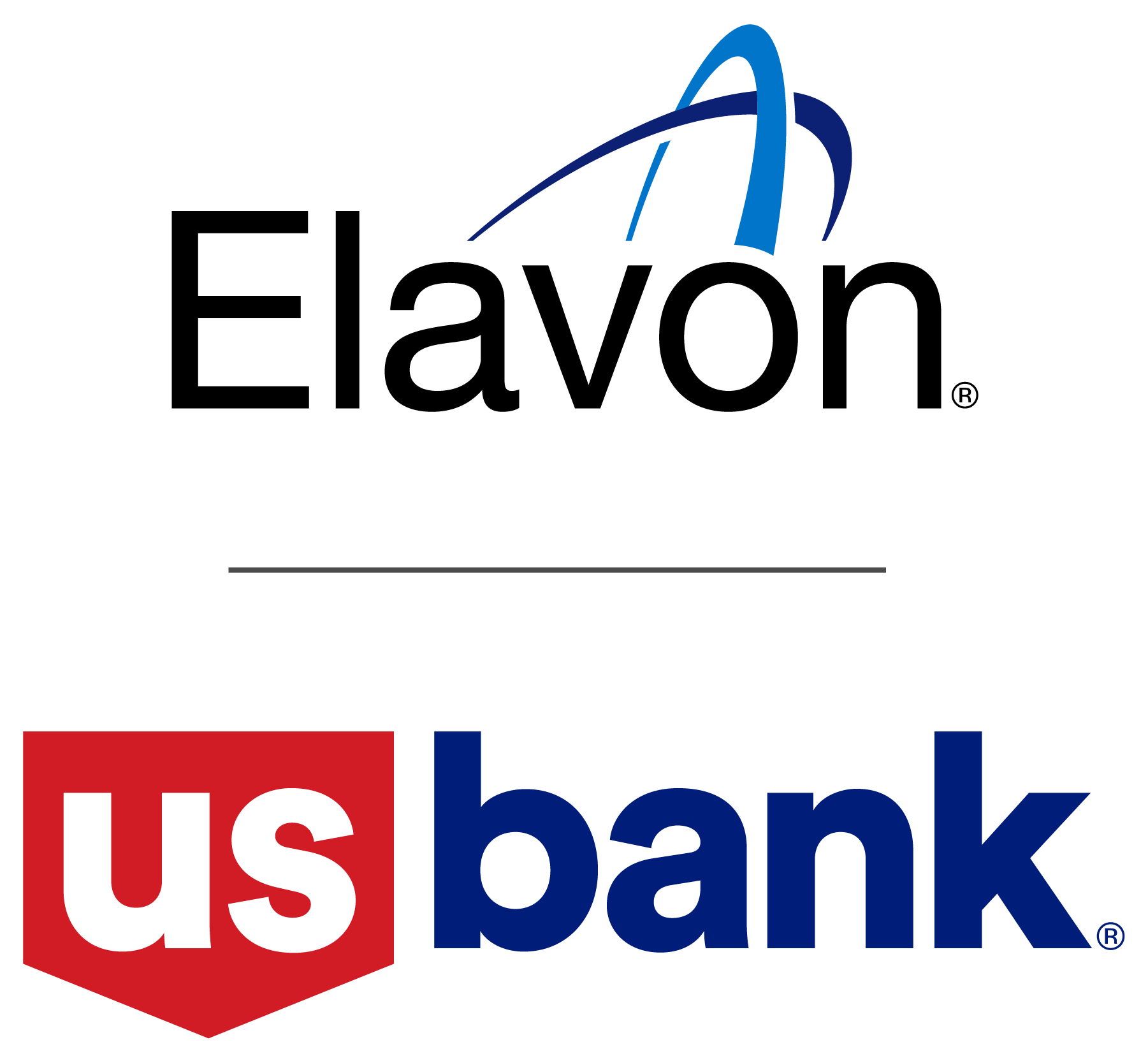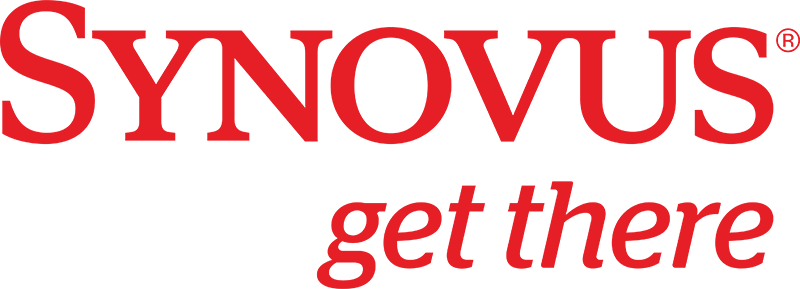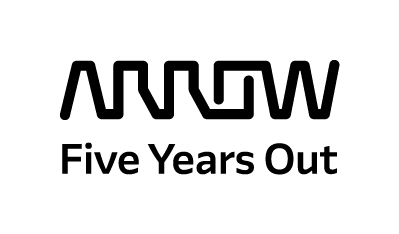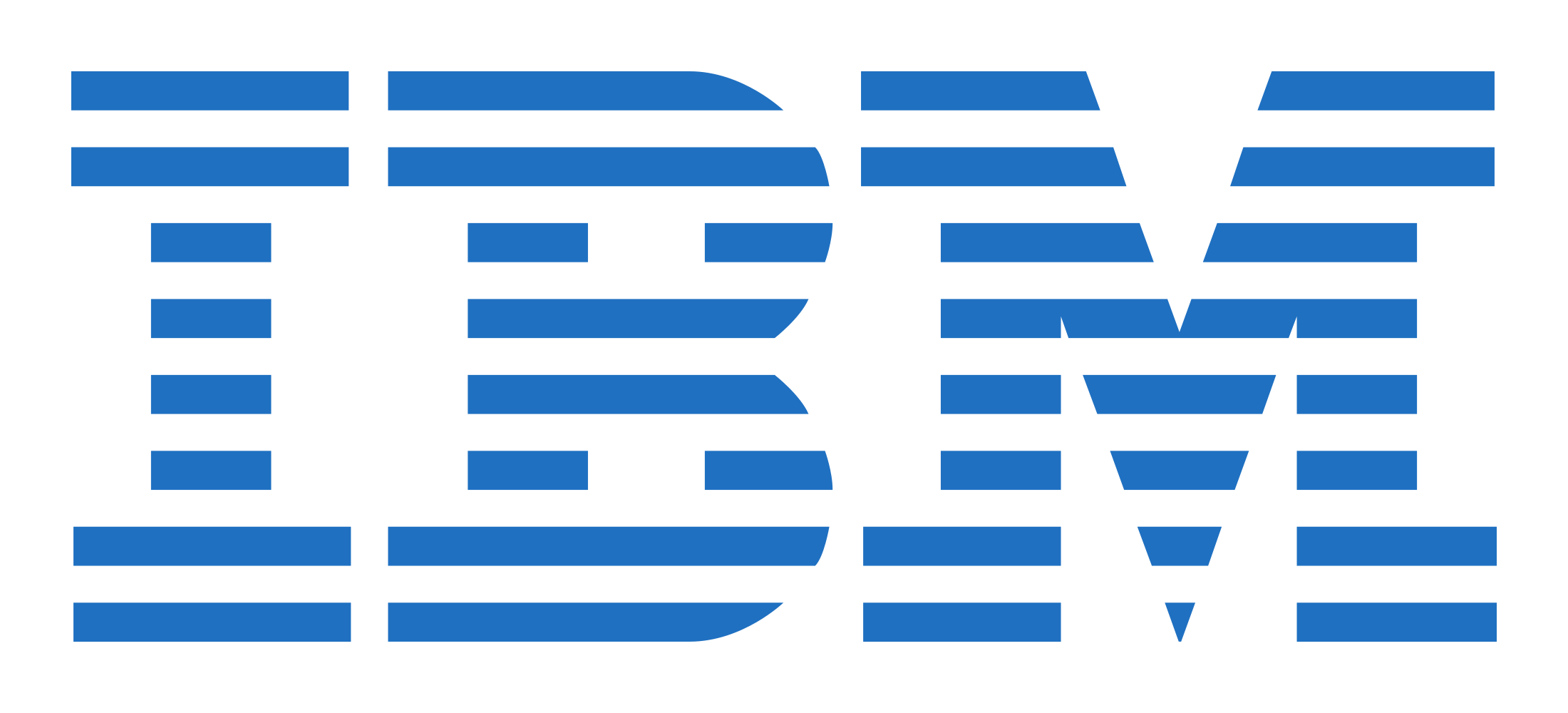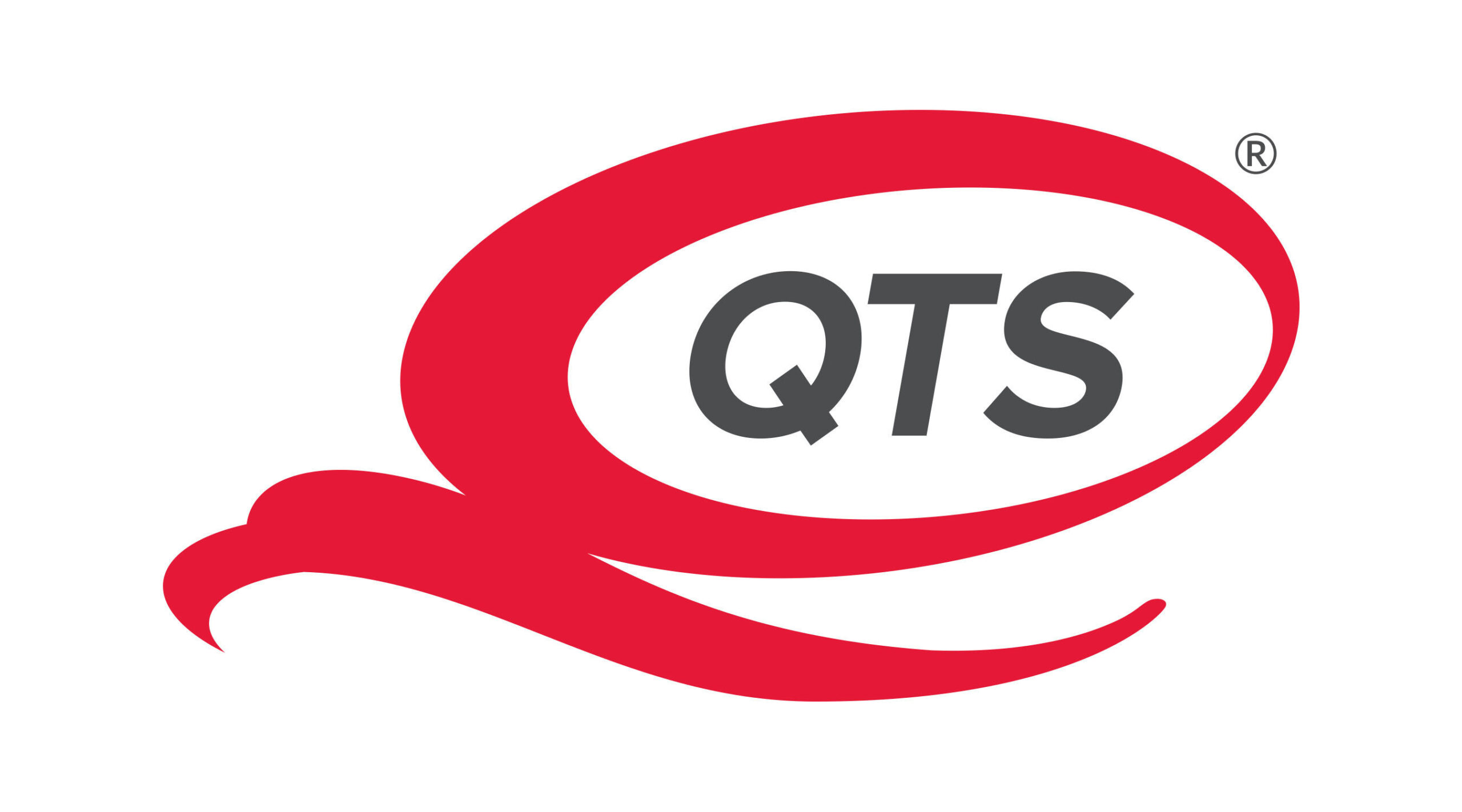Lt. General Nina M. Armagno, U.S. Space Force director of staff, with Georgia Tech Executive Vice President for Research Chaouki T. Abdallah and Provost Steven W. McLaughlin (L to R).
————–
United States military agencies often look to the Georgia Institute of Technology to recruit highly skilled workers, drawing from the Institute’s expertise in fields such as aerospace engineering and cybersecurity. Today, with modern warfare increasingly fought via satellite control networks, a new branch of the U.S. military has taken notice of Georgia Tech.
On Nov. 11, Georgia Tech and the U.S. Space Force launched a strategic partnership to develop a high-caliber aerospace workforce and collaborate on advanced aerospace research. As part of a comprehensive agreement, the two parties signed a memorandum of understanding, making Georgia Tech the newest member of the U.S. Space Force’s University Partnership Program.
Lt. General Nina M. Armagno, U.S. Space Force director of staff, joined Georgia Tech Provost Steven W. McLaughlin and Executive Vice President for Research Chaouki T. Abdallah to sign the agreement. The signing ceremony, which fell on Veterans Day, took place on Georgia Tech’s campus.
“At the heart of the Space Force’s University Partnership Program is the need to advance our science and technology to build the next generation of space capabilities, while developing the workforce of the future,” Armagno said. “With its reputation as a leader in cutting-edge aerospace research, we are confident that Georgia Tech will be an outstanding partner.”
The U.S. Space Force — the sixth and newest branch of the U.S. Armed Forces — established the University Partnership Program to identify, develop, and retain a diverse, STEM-capable workforce to further its mission to protect U.S. and allied interests in space. Through the partnership, the Space Force will seek to recruit new members and also create educational and leadership development programs for existing Space Force employees. Georgia Tech was selected for its outstanding aerospace engineering research, its expertise in national defense and security, the diversity of its students, and its robust ROTC program.
“Georgia Tech is proud of its longstanding collaborations with NASA and the Department of Defense to help achieve strategic national objectives,” Abdallah said. “We look forward to charting bold new areas of research with the Space Force and leveraging our expertise in aerospace engineering and national security to address today’s most complex space-based military challenges”
Georgia Tech joins 11 universities selected for the U.S. Space Force University Partnership Program in fiscal year 2021. They include Howard University, Massachusetts Institute of Technology, North Carolina Agricultural and Technical State University, Purdue University, University of Colorado Boulder, University of Colorado Colorado Springs, University of North Dakota, University of Southern California, University of Texas at Austin, and University of Texas at El Paso.
The institutions were selected based on four criteria: the quality of STEM degree offerings and space-related research laboratories and initiatives; ROTC program strength; diversity of student population; and degrees and programming designed to support military, veterans, and their families in pursuing higher education.
The signing ceremony was the culmination of a daylong campus visit for Lt. General Armagno and the Space Force delegation. In the morning, she met with Air Force ROTC students and gave a public talk at the Sam Nunn School of International Affairs about the Space Force’s integration into the U.S. military. In the afternoon, she held a discussion with aerospace engineering students, toured the Space Systems Design Lab, and received an overview of the Georgia Space Grant Consortium and Aerospace Engineering Outreach.
“Georgia Tech is honored to be selected as a Space Force University Partnership School, and we look forward to collaborating in educating leaders for the aerospace workforce of the future,” McLaughlin said. “I am confident that we will continue to drive technological advancements for the U.S. Space Force, just as we have done for NASA and the Department of Defense.”
As a next step, Georgia Tech and the Space Force will outline specific implementation milestones to meet the program’s objectives. This initial work will include establishing educational programs such as scholarships, internships, and mentorship opportunities, and identifying specific research areas of mutual benefit to the Space Force and Georgia Tech.
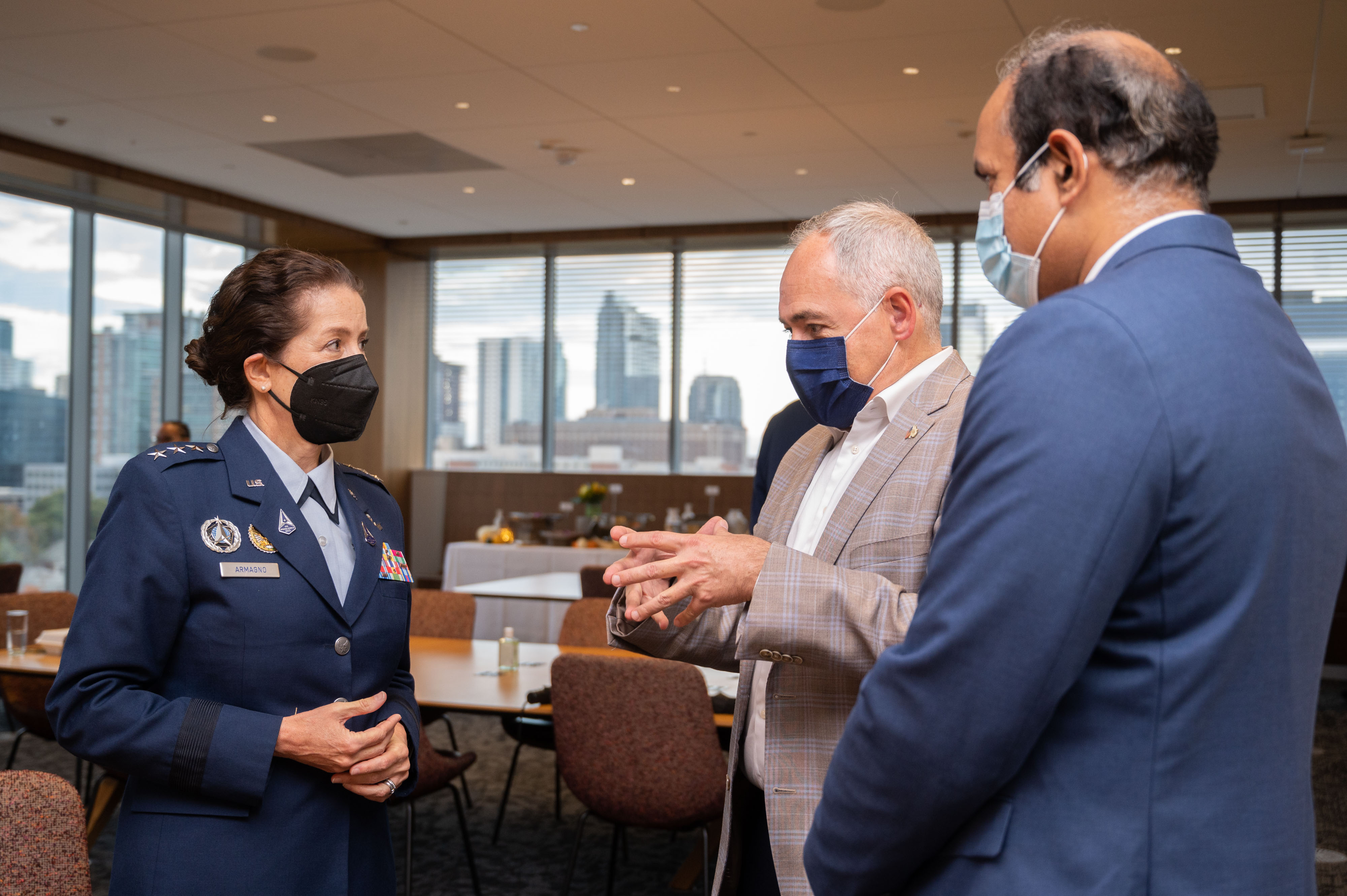 President Cabrera speaks to Lt. General Nina Armagno about the partnership.
President Cabrera speaks to Lt. General Nina Armagno about the partnership.



